Infectious congenital rubella syndrome is a rare but serious condition. Understanding its causes, symptoms, and prevention is essential for parents and healthcare providers worldwide.
What are the main causes of Congenital Rubella Syndrome?
- Congenital Rubella Syndrome occurs when a pregnant woman contracts the rubella virus, passing it to the developing fetus and causing birth defects.
- Lack of maternal immunity is a key cause, as women without prior vaccination or infection are highly susceptible to transmitting the virus to the fetus.
- Early pregnancy infection poses the greatest risk, particularly during the first trimester, leading to severe developmental complications in the unborn child.
Key symptoms of Congenital Rubella Syndrome to watch for
- Infants may show heart abnormalities such as patent ductus arteriosus or pulmonary artery stenosis, which can lead to serious cardiovascular complications.
- Eye defects, including cataracts and glaucoma, are common in affected newborns, often resulting in vision impairment or blindness if untreated.
- Hearing loss and developmental delays can occur, affecting cognitive and motor skills during early childhood and requiring ongoing medical support.
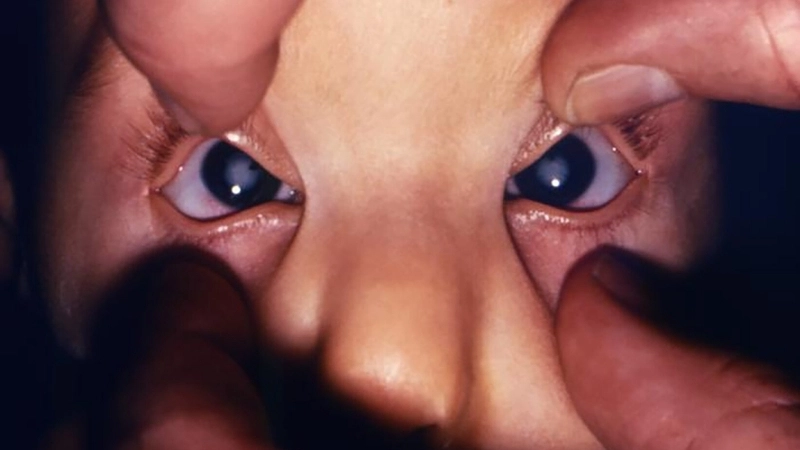
>>>Explore further: Understanding infectious cytomegalovirus (CMV) infection
How can you prevent Congenital Rubella Syndrome effectively?
- Vaccination with the MMR (measles, mumps, rubella) vaccine before pregnancy is the most effective method to prevent congenital rubella transmission.
- Pregnant women should avoid contact with individuals who have rubella or show symptoms of the virus to reduce the risk of infection.
- Routine prenatal screening for rubella immunity ensures timely intervention, including vaccination or counseling, before conception to protect both mother and baby.
>>>Explore further: Understanding Infectious Mononucleosis (Glandular Fever)
Image description of Congenital Rubella Syndrome
A short description: Congenital Rubella Syndrome is a rare but serious condition caused by rubella virus infection during pregnancy. It leads to birth defects, including heart, eye, and hearing problems in newborns.
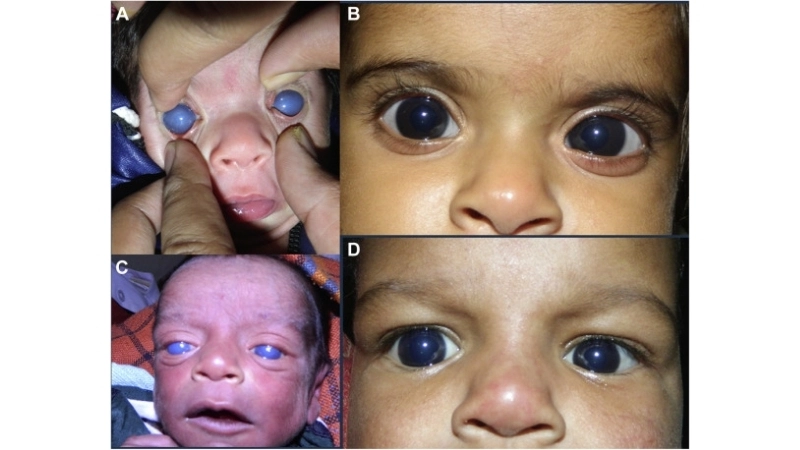
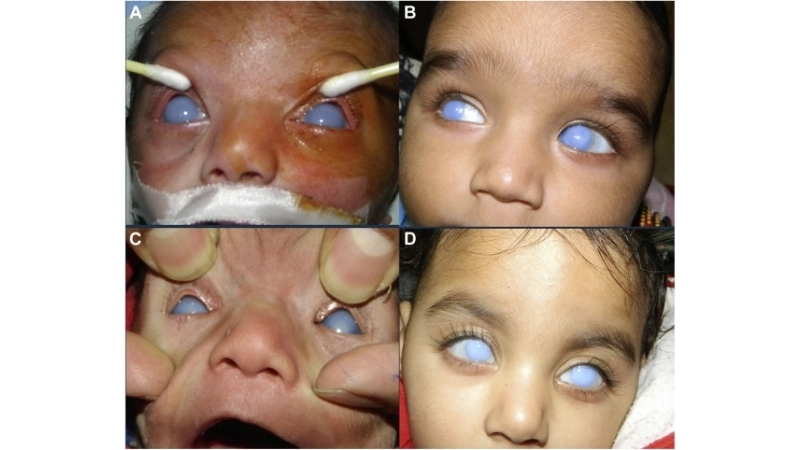
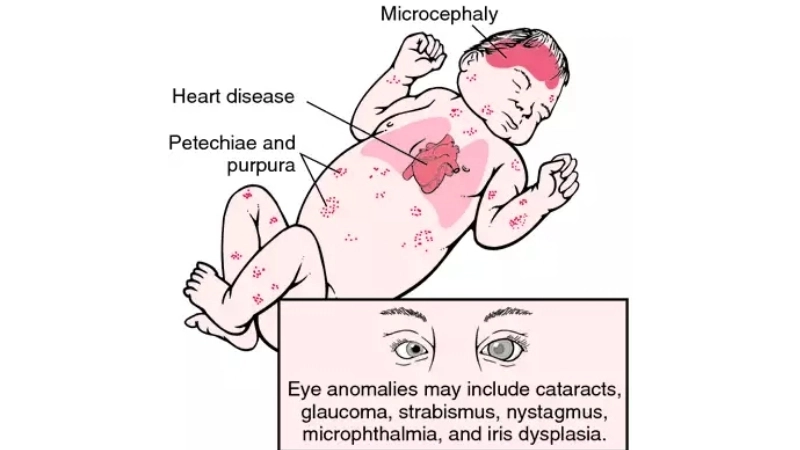
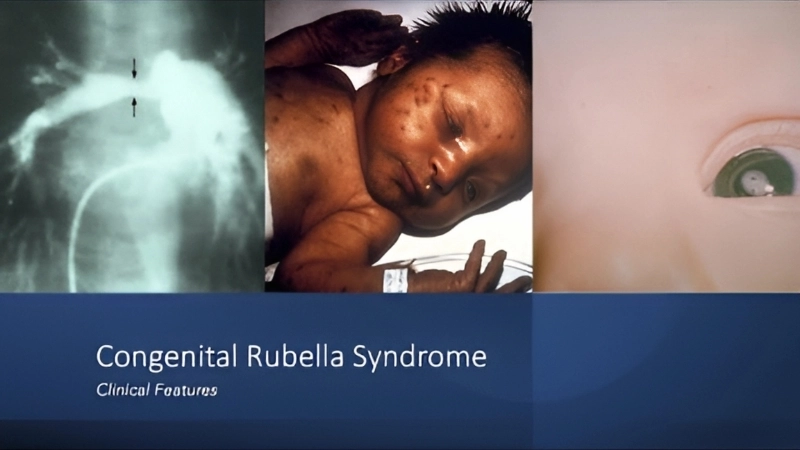
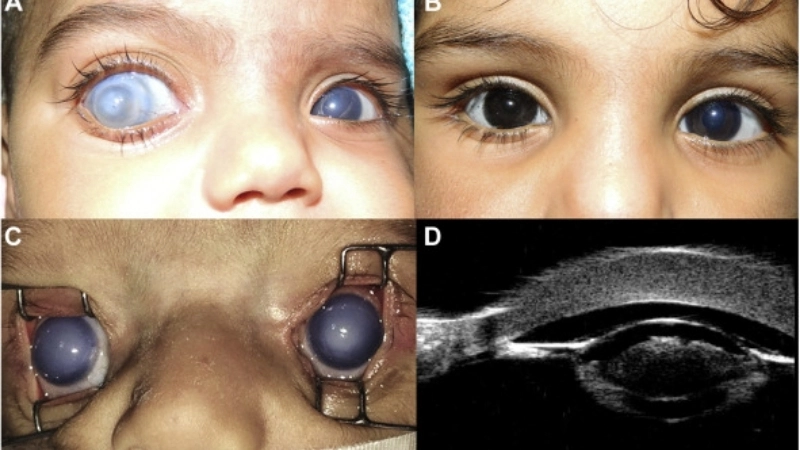
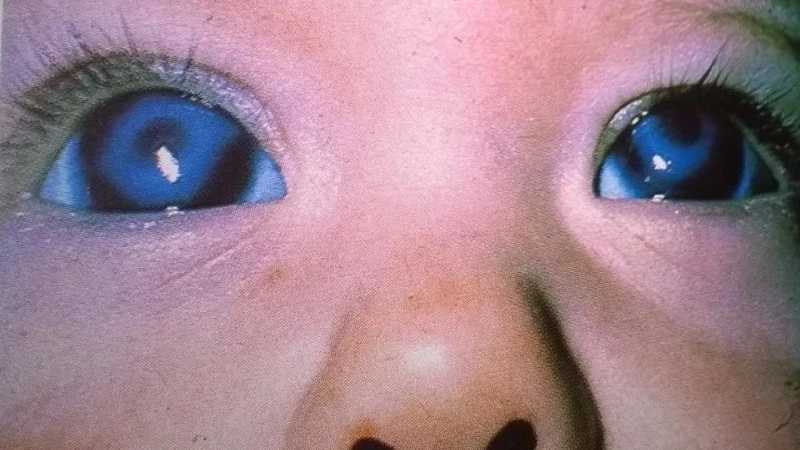

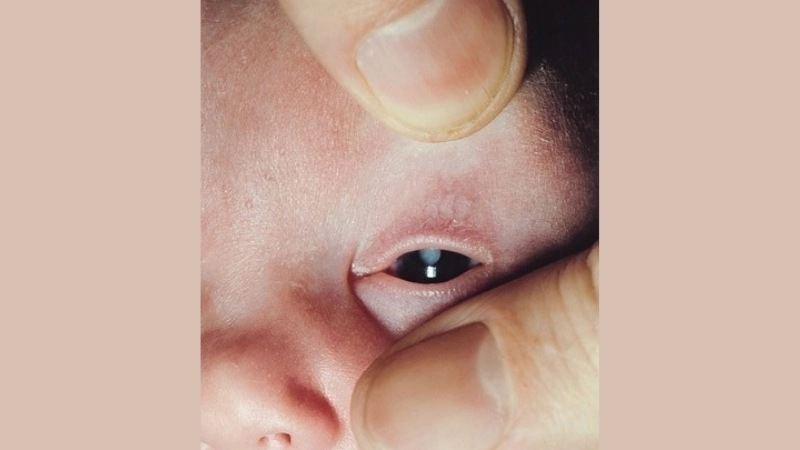
>>>Explore further: Understanding Hepatitis E and its common symptoms today
Infectious congenital rubella syndrome is a rare but serious condition. Understanding its causes, symptoms, and prevention is essential for parents and healthcare providers worldwide.






